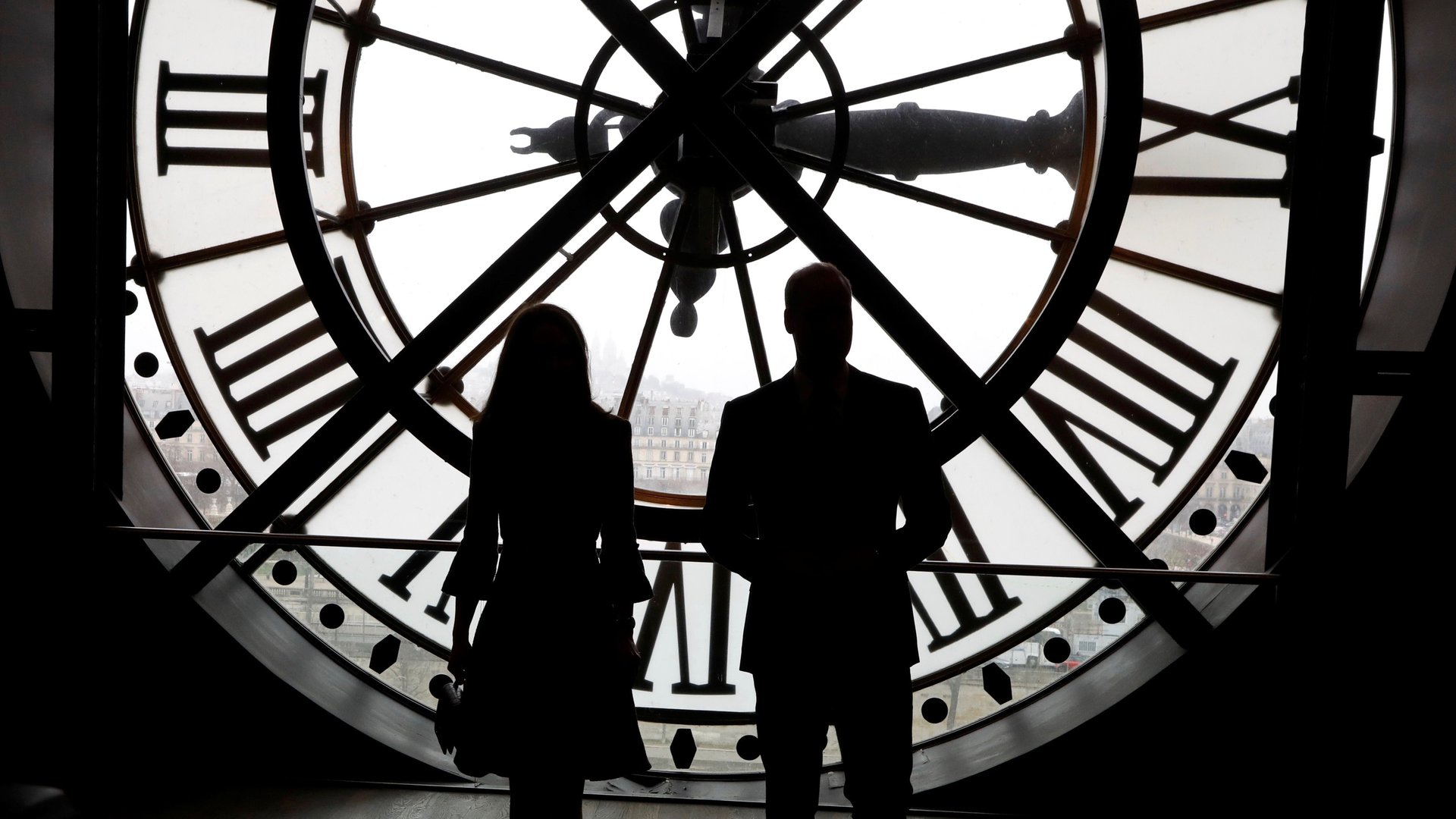Most Americans are gender fundamentalists
If aliens were to land in the United States in the wake of the #MeToo movement, they would likely deduce that among America’s primary ways of maintaining social order is placing men who abuse women in positions of power. They would surely conclude after a cursory investigation that gender dictates almost everything about how we see ourselves and treat one another, and apparently Americans would readily agree.


If aliens were to land in the United States in the wake of the #MeToo movement, they would likely deduce that among America’s primary ways of maintaining social order is placing men who abuse women in positions of power. They would surely conclude after a cursory investigation that gender dictates almost everything about how we see ourselves and treat one another, and apparently Americans would readily agree.
A Pew survey released Dec. 5 confirms that, if Americans across party lines concur on anything right now, it’s that men and women are “basically different” from one another. The national online survey of 4,573 adults finds that 87% of Americans think men and women are different in expressing their feelings; 76% agree they’re different in their physical abilities, 68% in their hobbies and personal interests, and 64% in their approach to parenting.
The idea that men and women are fundamentally different isn’t new, and the fields of evolutionary biology and psychology have gained popularity in part by explaining those differences using animal behavior to justify the “natural” order of gender roles: Males are built for hunting, females for tending and gathering. However, those pat theories don’t give much credence to environmental conditions that have led to the shifting roles of fathers in American culture, for example, or explain transgender people like myself.
But since most Americans have eyes, we can see that men and women occupy very different roles in our culture. The narrative of why remains a point of divergence. Despite a new wave of neuroscience research that seems to indicate gender differences in the brain are generally negligible (though some scientists disagree), whether Americans take a “nature” or “nurture” perspective has a lot to do with how they believe gender is shaped. Two-thirds of Democrats and left-leaning Americans think gender differences in parenting, expressing feelings, and hobbies are formed socially (not biologically), whereas only four in 10 Republicans agree with that perspective. Not unsurprisingly, an October Pew survey found a similar partisan difference regarding gender equality—69% of Democrats said there was work left to do, whereas 54% of Republicans felt America is where it should be regarding women’s equality.
Americans who say biology is the primary driver behind sex differences are more likely to note that those differences are “a good thing,” Pew says, though even those who see gender as mostly social think that the differences that exist are just fine. Despite our national sense of inherent differences, we also seek fluidity. About half of Americans think that society should be “more accepting” of women taking on male gender roles, and 46% feel the same way about men performing roles generally associated with women.
Interestingly, despite the deeply rooted belief that men and women are different, the one area where most Americans don’t see it is at work: 63% of Americans (and generally equally across gender) say men and women are “basically similar” when it comes to what they’re good at on the job (with 69% of Democrats agreeing, and 55% of Republicans).
For Americans that believe that gender roles are defined by the body (biological) and that those differences don’t show up at work, the logic of why the office liberates us from them is unclear.